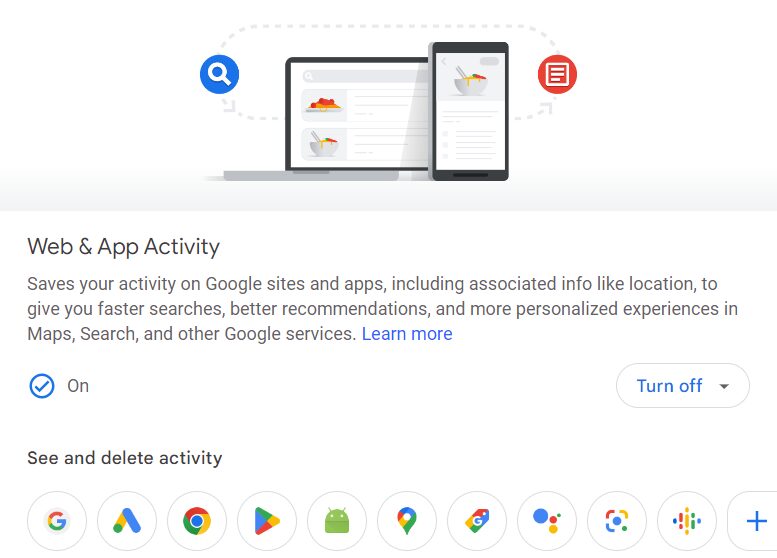The Changing Search Landscape
Since the inception of search engines, Google has remained ahead of the curve, pulling in more searches than any of its competitors over the years. However, the way we use search engines is changing. The rise of mobile browsing and voice-activated devices such as Amazon’s Alexa, Google’s Nest and Apple’s Siri have opened up a brand new world for search engines, demanding they adapt in order to survive.
In this article, we go through how Google’s dominance of the search engine market, and how you can use its features to your advantage for your SEO tactics.
How Do Search Engines Work?
The way search engines work has shifted in order to accommodate market trends, but the basic premise is simple. A search engine is designed to seek out information and pages on the World Wide Web that are relevant to your search query and present the results to you.
The goal of most search engines is to get you the answers you are looking for as quickly as possible by delivering the most closely related pages to your search term.
Searches are primarily conducted by adding a word or key phrase to the search bar. The engine then fetches back the pages and orders them according to their perceived relevance to your query. The exact factors used for evaluating the relevance of a website for a specific term is a closely guarded secret and the algorithmic code used to do this is continually being updated.
Most Search Engines provide users with the ability to filter results to further improve the relevancy of results.
Google’s Market Share and The Impact on SEO
As the dominant search engine available today Google, both www.google.co.uk and .com, account for 93% of all search queries in the UK.
This percentage has barely fluctuated over the past decade as new search engines have risen and fallen over time. While this shouldn’t be surprising, given Google’s dominance, consider the rise of voice search over the last few years. Both Amazon’s Alexa and Apple’s Siri use Bing as their default search engine, yet this hasn’t put a dent in Google’s figures.
As Google is the market leader in terms of search volumes most SEO analysis and strategies focus on these results.
The UK’s Favourite Means of Search
As Google is the market leader in terms of search volumes most of our analysis and SEO strategies focus on these results.
Google is striving to give the best user experience possible and unless you are careful it will personalise your search results pages based on your search history and interests you’ve expressed across the web.
This means that you will not necessarily see the same results as someone else running the same search query. While this can be helpful for the individual, as a business owner this feature means you will be seeing a different set of results to your potential clients. To get a true picture of how your website ranks you will want to see search results that are unbiased because of your usage – for example, launching your browser in incognito mode for a less personalised result.
What is Personalised Search?
In essence, Google will record your search history and subsequently personalise your search results if you are logged into any of their services. This feature is easy to disable and your search history can be deleted if you are concerned with your privacy.
Firstly you need to check if you are logged into any of Google’s services. In the upper right hand corner of the Google homepage or a search results page you’ll see the words ‘sign In’ or your Google account name. If you are signed in it is simple to sign out by selecting the ‘sign out’ option from the dropdown menu next to your account profile image.
However this will not remove the search customisation preference or your search history from your account. To do this you need to login to your account and go to your ‘web and app activity’ page. Select ‘manage my account’ and search for web and app activity. From here, you can turn off the option to save your activity and review and delete your history.

As Google’s former head of web spam Matt Cutts puts it in this video, ‘if we know where you’re located, whether you’re using a mobile phone or a web browser, we can return you better results. If you’re typing pizza, yoga instructor or plumber you’d much rather see the ones that are close by than something that’s located in San Francisco if you’re in New York.’ In other words the more information you are willing to give Google then the more relevant the search results it can give back to you.
Leveraging Google To Improve SEO
Understanding how Google works and learning to leverage this to improve your SEO is crucial for boosting your web visibility. For more support and information, our team is on hand to offer expert SEO advice.
If you have any comments or questions about this post, or would like to discuss a specific issue with your site, please get in touch using the form below.
And connect with us on social media to stay upto date with our latest news:

